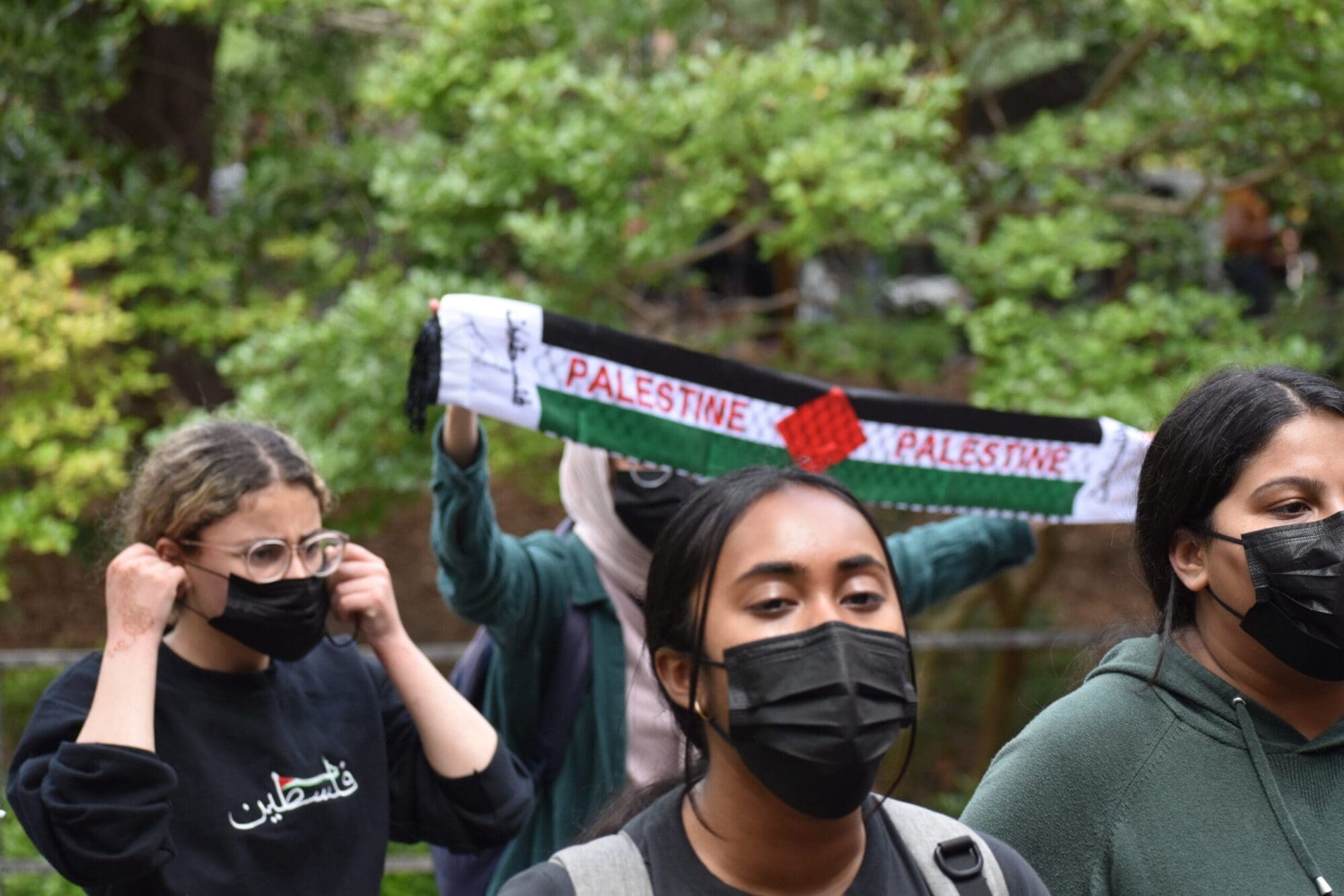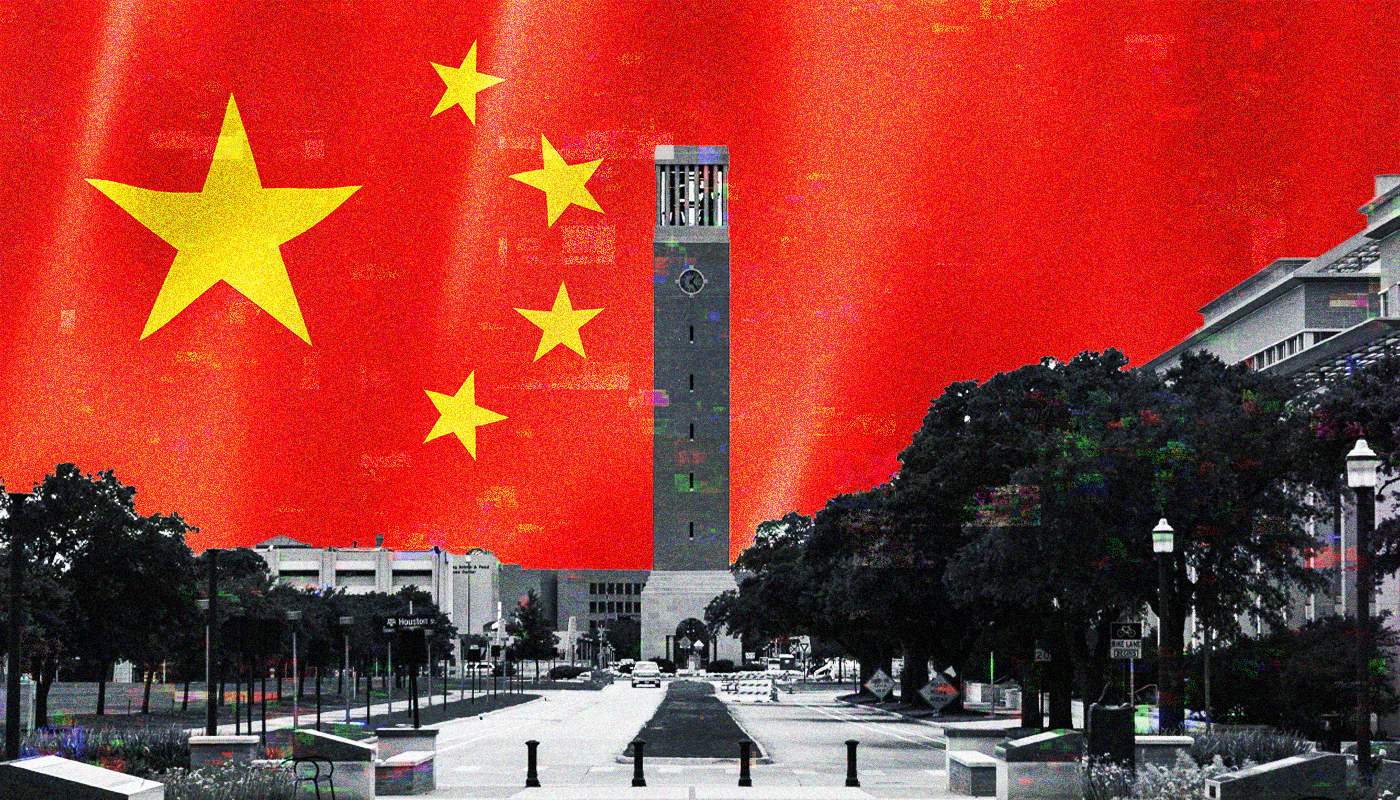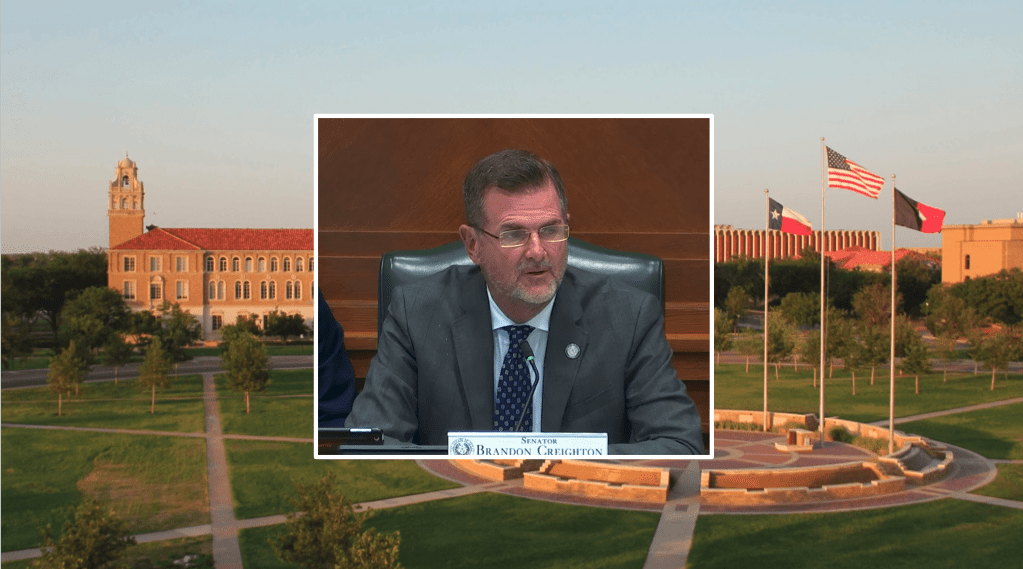A University of Texas faculty committee issued a report analyzing the actions of the UT administration and their response to pro-Palestine protesters who sought to “occupy” part of the Austin campus in April. The report concluded that the administration’s actions violated the institution’s rules by denying the public the freedom to gather and express their views.
“The University’s actions complied with our policies and the law,” a UT spokesperson told Texas Scorecard, expressing disagreement with the committee’s assessment.
The report, issued by the Committee of Counsel on Academic Freedom and Responsibility, also stated the administration did not do enough to “seek a cooperative solution ‘before stopping the event or resorting to disciplinary charges or arrest.’”
This report comes after the events at UT resulted in some of the highest pro-Palestine protest arrest rates in the country. According to The New York Times, a total of 136 arrests were made on April 24 and April 29.
Before the planned protests, the report states that the administration, including UT President Jay Hartzell and Provost Sharon Wood, anticipated the events would violate university rules.
In an email from Provost Wood to the Dean’s Council, she wrote that the pro-Palestine event was part of a non-UT affiliated campaign called “The Popular University for Gaza” which seeks to disrupt universities nationwide by creating campus encampments.
“As we have seen over the past few days, these illegal encampments have done just that,” wrote Wood. “[The protests] have resulted in significant changes to classes, hundreds of arrests, intimidation, and calls for violence against Jewish students.”
UT-affiliated student group, the Palestine Solidarity Committee (PSC), was also involved in planning the protest.
A frequently asked questions page on UTNEWS states that protesters were arrested for trespassing after being instructed to disperse and take down encampments. Police also confiscated weapons from the protesters, including “guns, buckets of large rocks, bricks, steel-enforced wood planks, mallets, and chains.”
The website also states that protesters “deliberately provoked officers, stated their intent to not comply, and physically and verbally harassed our staff. Officers were headbutted, spit on, and verbally assaulted by protesters. Some protesters attempted to startle a DPS horse, and others threw horse excrement at officers. Police car tires were slashed.”
The Travis County District Attorney has since dropped all charges against the protesters, citing insufficient cause to proceed.
The committee report released in July ultimately recommended the administration use criminal charges only as a last resort. The committee members “urge the administration to direct campus police to use patience, to provide clear and feasible directives on where students should go, to give ample warnings and time for movement, and at most to issue citations rather than make arrests.”
However, UT’s spokesperson expressed disagreement with the report’s findings and said that while “UT Austin will continue to support the Constitutional rights to free speech of all individuals on our campus,” it “will also enforce our rules while providing due process and holding students, faculty, staff, and visitors accountable.”
The UT Committee of Counsel on Academic Freedom and Responsibility is composed of seven tenured faculty members chosen by members of the general faculty.
No ads. No paywalls. No government grants. No corporate masters.
Just real news for real Texans.
Support Texas Scorecard to keep it that way!





